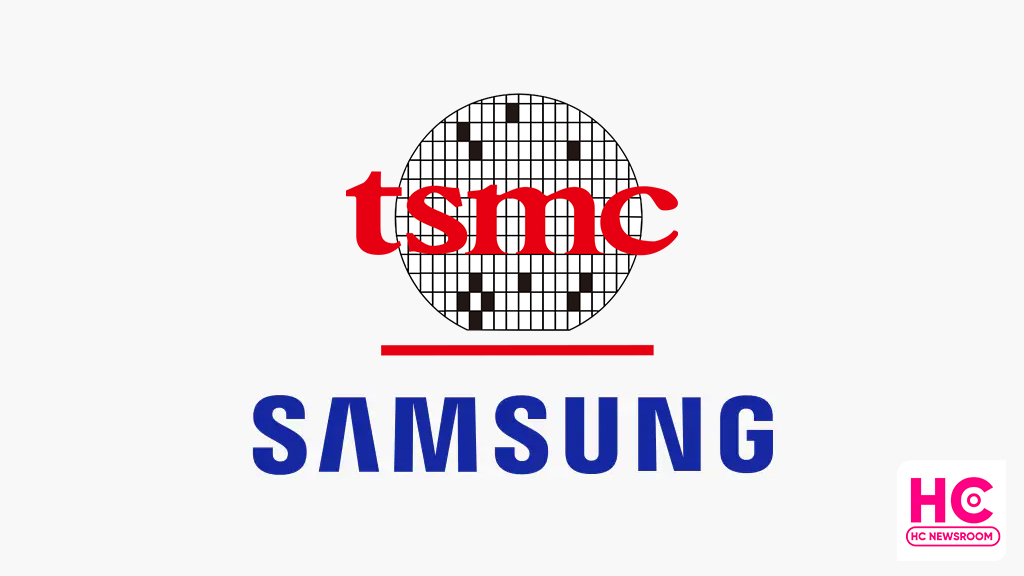Semiconductor
TSMC will rip off Samsung for 80% of 3nm chipsets

3nm is the next stop for mobile chipsets and Taiwan’s TSMC will rip off Samsung for 3nm chipset orders from customers such as Apple, Qualcomm, and MediaTek.
According to a report from Taiwanese media, experts in the study of semiconductors revealed that the current 3nm yield rate is estimated to be about 60% to 70%, or even more than 70%.
Another multinational industry analyst estimated that the current yield rate of TSMC’s 3nm process may fall to about 75%-80%. “There has been such progress in the early stage, which is very impressive.”
The latest input suggests that TSMC has taken the lead in 3nm chip orders and rip off most of the orders from Samsung. In June 2022, Samsung became the first foundry business to announce the initial production of its 3nm process node.
At that time, Samsung’s 3nm yield rate was less than 20 percent and some wafers even had a yield rate of only 10 percent. An industry analyst says, Samsung actually doesn’t know where the fault is.
TSMC says its 3nm process is the most advanced semiconductor technology in both power, performance, and area (PPA). In transistor technology, and a full-node advance from the 5nm generation.
Compared to the 5nm (N5) process, the 3nm process offers up to 1.6X logic density gain and 30-35% power reduction at the same speed and supports the innovative TSMC FINFLEX architecture.
Apple, MediaTek, and Qualcomm:
After Huawei HiSilicon‘s exit, TSMC’s market share was reduced because it was one of the biggest chip customers.
Still, Apple, MediaTek, Qualcomm, AMD, and Nvidia are the top customer of TSMC and Samsung Foundry business. These clients require various chip nodes throughout the year. While, Apple may still be the first to use a 3nm chipset for next year’s iPhones, followed by Qualcomm and MediaTek.
TSMC announced that it is also preparing for 2nm fabs, which will be upgraded six times than the last node process.
Samsung needs to improve:
TSMC is a long-standing chipset printer and Samsung needs to improve its Foundry business to compete against it. That’s all to suggest for the South Korean company.

(source)






